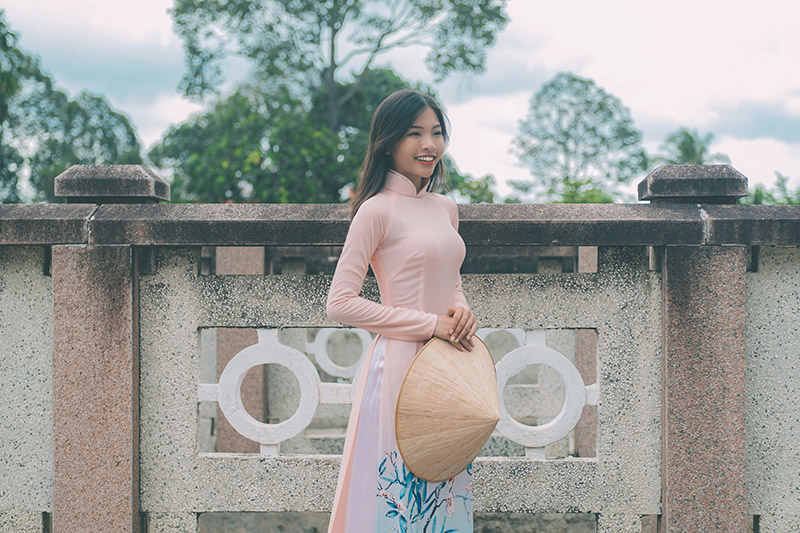Understanding the Essence of Vietnam's Culture
Vietnamese culture is a unique tapestry woven from centuries of tradition, history, and values. Deeply rooted in Confucianism, Buddhism, and folk traditions, the culture in Vietnam reflects a harmonious blend of both ancient customs and modern influences. Whether you walk through the bustling streets of Hanoi or the serene countryside of the Mekong Delta, you’ll witness a way of life that honors both the past and present.
Key Aspects of Vietnamese Culture
Vietnamese culture revolves around family, respect, and community. The importance of family is central, with multi-generational households being common. Respect for elders is a core value, and ancestral worship is widely practiced. Most homes have ancestral altars where offerings are made, especially during important holidays like Tet Nguyen Dan (Lunar New Year), which marks the beginning of the new lunar calendar and serves as the most important celebration in Vietnam.
Traditions and Customs of Vietnam
Vietnam’s rich cultural traditions include a variety of rituals, festivals, and day-to-day customs. Lunar New Year (Tet) is the pinnacle of Vietnamese celebrations, a time for families to reunite, pay respect to ancestors, and hope for good fortune. Mid-Autumn Festival, celebrated with colorful lanterns and mooncakes, is another important occasion, particularly for children.
Marriage traditions in Vietnam are also deeply symbolic. Traditional Vietnamese weddings are full of rituals that reflect family unity and respect for ancestors. From choosing an auspicious date to the ceremonial procession where the groom’s family brings gifts to the bride’s house, these customs continue to play a significant role in modern-day weddings.
Vietnamese Lifestyle: A Blend of Old and New
Vietnamese people have a lifestyle deeply influenced by their connection to agriculture, community, and spirituality. While modern cities like Ho Chi Minh City are growing rapidly, much of Vietnam’s traditional lifestyle can still be found in the countryside, where rice farming, fishing, and small-scale crafts remain integral parts of daily life.
The Vietnamese diet reflects this connection to the land. Rice is the staple food, and dishes like pho and banh mi highlight the country’s ability to combine simplicity with rich, vibrant flavors. The cuisine also balances various elements—sweet, sour, salty, and spicy—symbolizing the cultural values of harmony and balance.
Vietnamese Cultural Traditions: Preserving Heritage
Vietnam takes pride in preserving its cultural heritage. Water puppetry is one of the most unique traditional arts, dating back to the rice paddies of the Red River Delta. Today, water puppet shows are popular among both locals and visitors, showcasing stories of rural life, legends, and history through intricately designed puppets performing on water.
Know more about Water Puppetry here.
Traditional Vietnamese attire, like the ao dai, is another symbol of the country’s rich heritage. The ao dai, worn by both men and women, has become an iconic symbol of Vietnamese culture, representing elegance, modesty, and pride in national identity.
Conclusion
Vietnam’s culture is a harmonious blend of tradition, community, and modern influence. From family values and ancient customs to modern festivals and everyday lifestyle, Vietnamese culture provides a deep, fascinating look into the heart of the country. Whether you are visiting or investing in Vietnam, understanding its culture will help you appreciate its people, history, and future. Embracing Vietnam’s culture allows you to connect on a deeper level with this vibrant, growing nation.
















